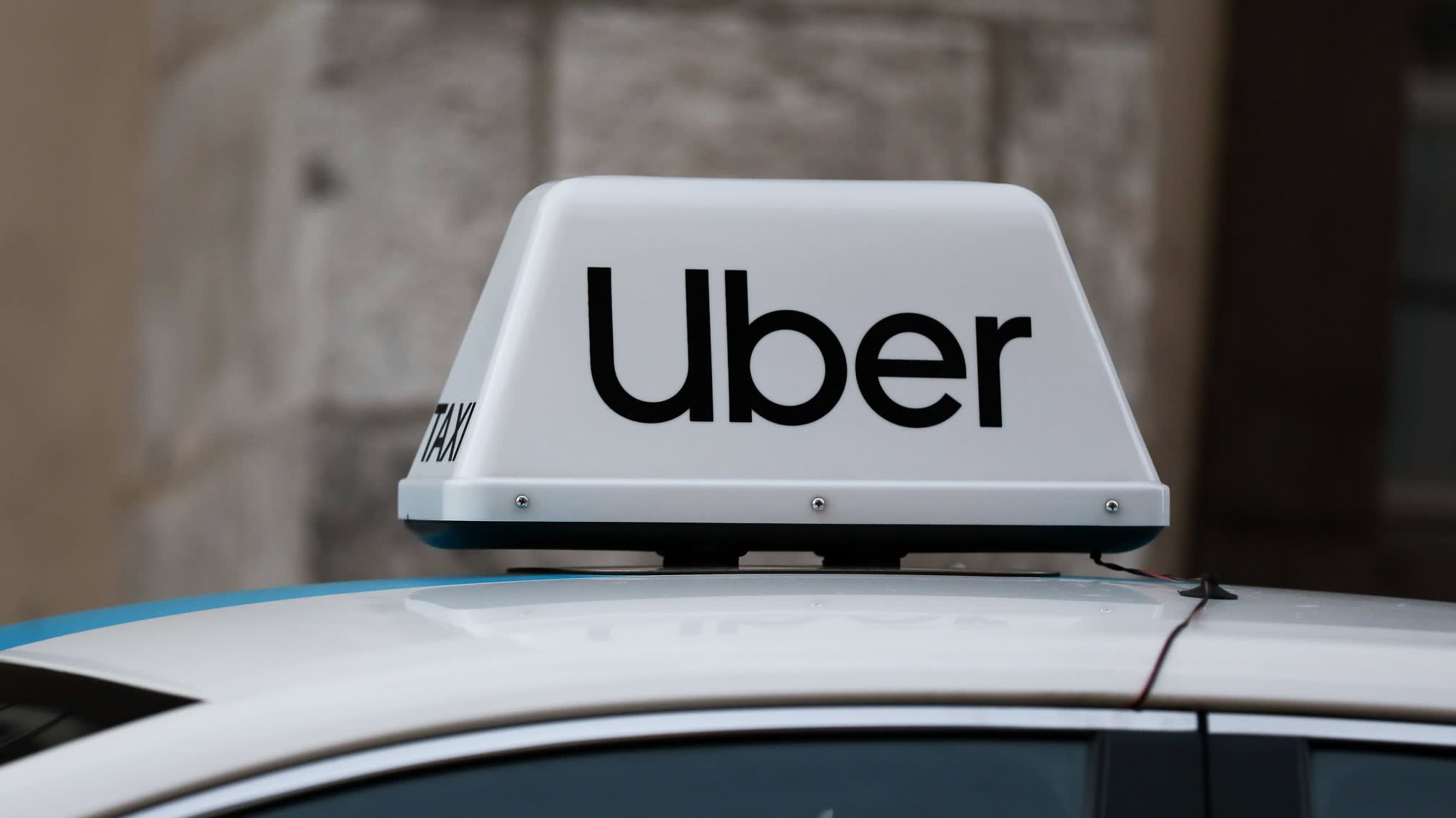
Unlock the Editor’s Digest for free
Roula Khalaf, Editor of the FT, selects her favourite stories in this weekly newsletter.
Uber has announced plans to buy back $20bn of its shares, as chief executive Dara Khosrowshahi signalled his confidence the group could continue to deliver growth despite wider concerns about US consumer spending.
The ride-hailing app on Wednesday said it would repurchase the shares, almost triple the $7bn it has announced to date, after its net income rose by a third in the second quarter to $1.4bn compared with a year ago.
It came as Uber gave an upbeat forecast for customer spending for this quarter. The group said gross bookings — a measure of customers’ total spending across all its business units — would be between $48.5bn and $49.8bn, beating analysts’ expectations of $47.5bn.
The group said adjusted earnings before interest, tax, depreciation and amortisation could come in between $2.19bn and $2.29bn, compared with analysts’ estimates of $2.22bn in a S&P Visible Alpha survey.
Khosrowshahi said global growth in its mobility business would remain relatively stable in the third quarter and he was confident US growth would accelerate. “In the US specifically, while early, our efforts to improve affordability are beginning to show results,” he added.
Uber is navigating a tough economic climate, particularly in the US, which has raised fears of slowing consumer demand. It is balancing this with investments in its data-tagging business and an array of autonomous vehicles partnerships.
Gross bookings for its mobility business came in at $23.8bn in the second quarter, slightly below market expectations of $23.9bn in the S&P Visible Alpha survey. This was offset by a beat in its food and package delivery business.
A strong US dollar hit Uber’s second-quarter gross bookings by roughly $400mn, though this was significantly lower than the $1.7bn impact in the previous quarter.
The company’s share price has climbed more than 45 per cent in the year-to-date as investors have been buoyed by its ability to close significant deals in the robotaxi market. Uber launched its inaugural share buyback scheme last year after posting its first annual operating profits in 2023.
Uber has launched services with Alphabet’s Waymo in several US markets including Austin and Atlanta. It also signed a multibillion-dollar deal with Lucid in mid-July that will lead to it purchasing at least 20,000 vehicles across a six-year period alongside fleet partners to deploy robotaxis in a variety of markets from next year.
The ride-hailing company will also unveil services with Baidu’s Apollo Go service across Asia and the Middle East this year. Rival Lyft also agreed a deal this week with the same Chinese tech giant to launch services in Europe.



